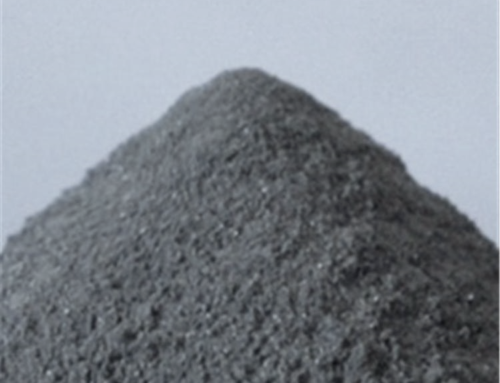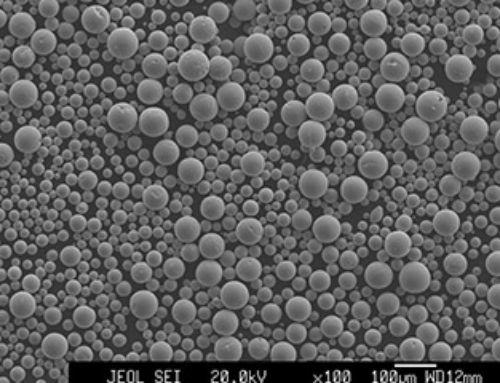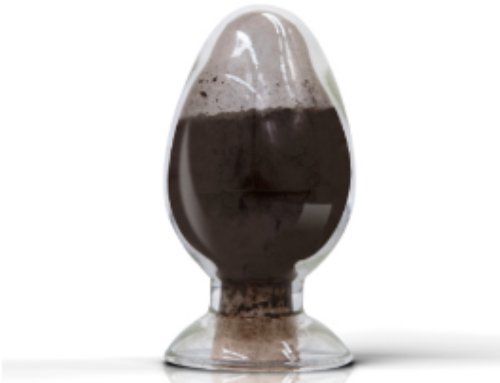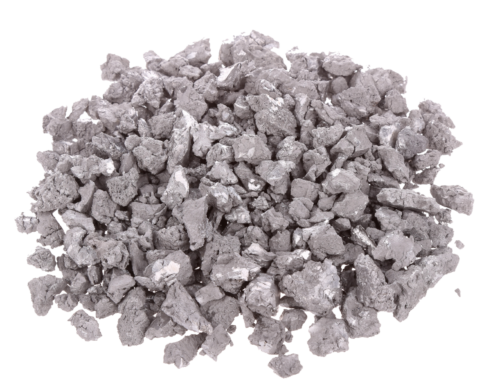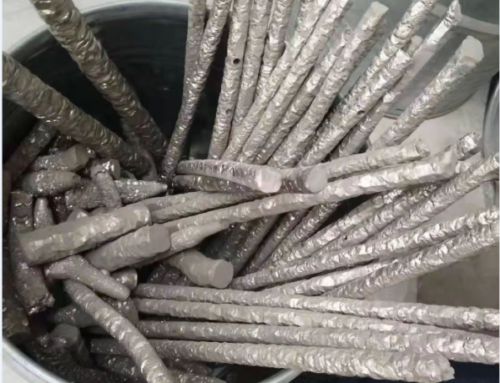
| Product | Niobium Zirconium Wire (NbZr Wire) |
| Part Number | TRM-NB008 |
| Standard | ASTM B392 |
| Material | UNS R04261 |
| Density | 8.57 g/cm3 |
Niobium-1% zirconium is used in the rocketry and in the nuclear industry. It is regarded as a low-strength alloy. Niobium alloys in general are inconvenient to weld. Both sides of the weld must be protected with a stream of inert gas, because hot niobium will react with oxygen and nitrogen in the air. Niobium-1% zirconium wire is worked from ingot to final diameter, furnished in coils or on spools or reels.
Application: The Niobium Zirconium wire (NbZr Wire) can be used in the welding industry or nuclear industry, and etc.
Order Information
Please include the following information with your inquires and orders:
1. Quantity
2. Dimensions
3. Nb-1%Zr R04261 Commercial Grade.
Assay
| Elements | Type 4 (Commercial Grade Niobium-1% Zirconium) R04261 |
|---|---|
| C | 0.01% max |
| N | 0.01% max |
| O | 0.025% max |
| H | 0.0015% max |
| Zr | 0.8% to 1.2% (range) |
| Ta | 0.5% max |
| Fe | 0.01% max |
| Si | 0.005% max |
| W | 0.05% max |
| Ni | 0.005% max |
| Mo | 0.05% max |
| Hf | 0.02% max |
| Ti | 0.03% max |
Typical Size Available (Please inquire for details)
| Dimensions | Range | Typical Tolerance |
|---|---|---|
| Diameter | 0.01” -0.124” for wires | +/-0.002” |
| Length | On Request (Straight Or in Coils) | Plus Tolerance |
Please refer to Niobium Zirconium Rod for larger sizes.
Mechanical Properties – ASTM B392 R04261
| Diameter | Ultimate Tensile Strength, Min, psi (MPa) | Elongation min % |
|---|---|---|
| 0.020 in. to 0.124 in. | 28 000 (195) | 15 |
Materials available for Niobium and Niobium Alloy Wire
R04200-Type 1—Reactor grade unalloyed niobium,
R04210-Type 2—Commercial grade unalloyed niobium,
R04261-Type 4—Commercial grade niobium alloy containing 1% zirconium.
| Physical properties | Niobium (Atomic#41) |
|---|---|
| Phase | Solid |
| Melting Point | 2750 K (2477°C, 4491°F) |
| Boiling Point | 5017 K (4744°C, 8571°F) |
| Heat of Fusion | 30 kJ/mol |
| Heat of Vaporization | 689.9 kJ/mol |
| Molar Heat Capacity | 24.60 J/(mol•K) |

